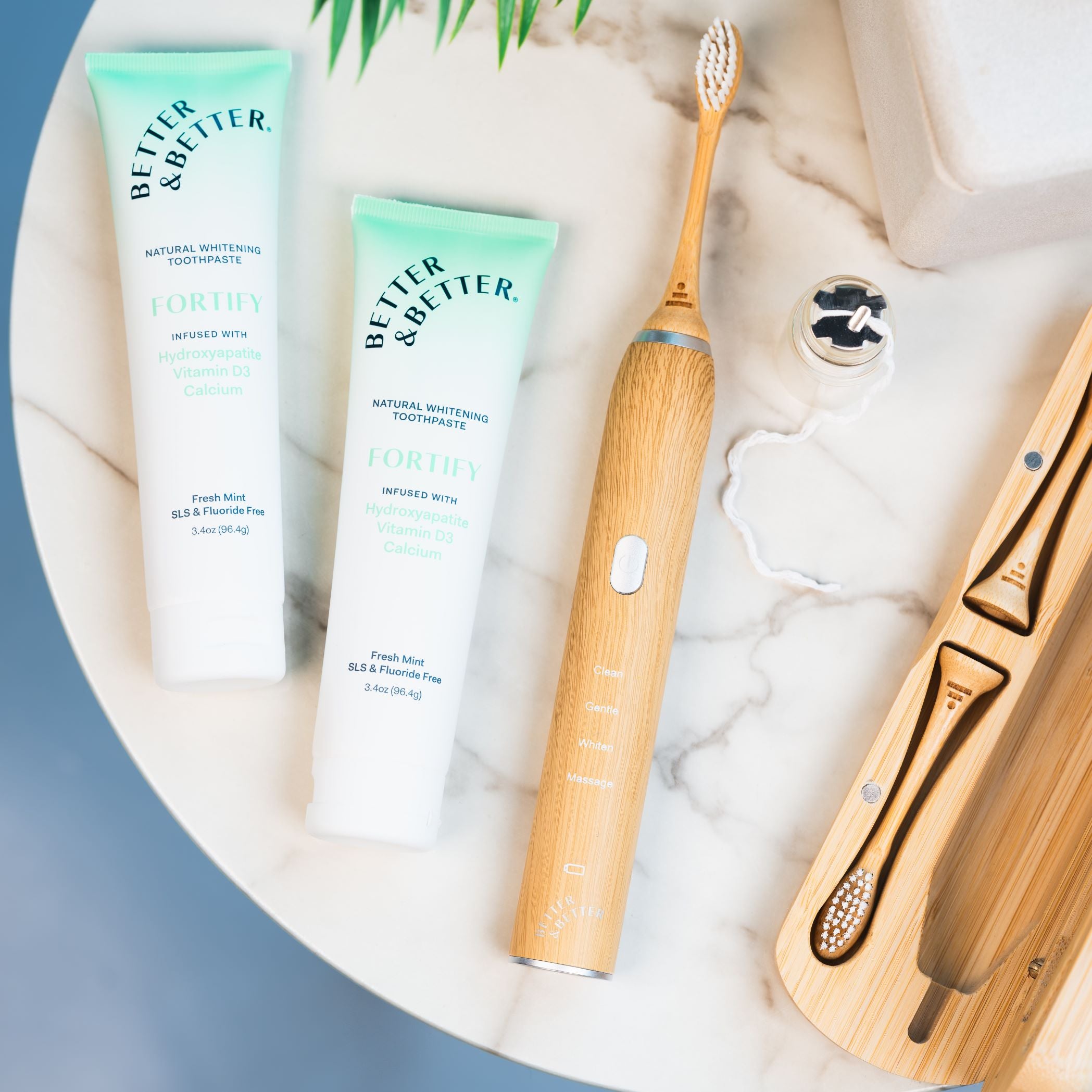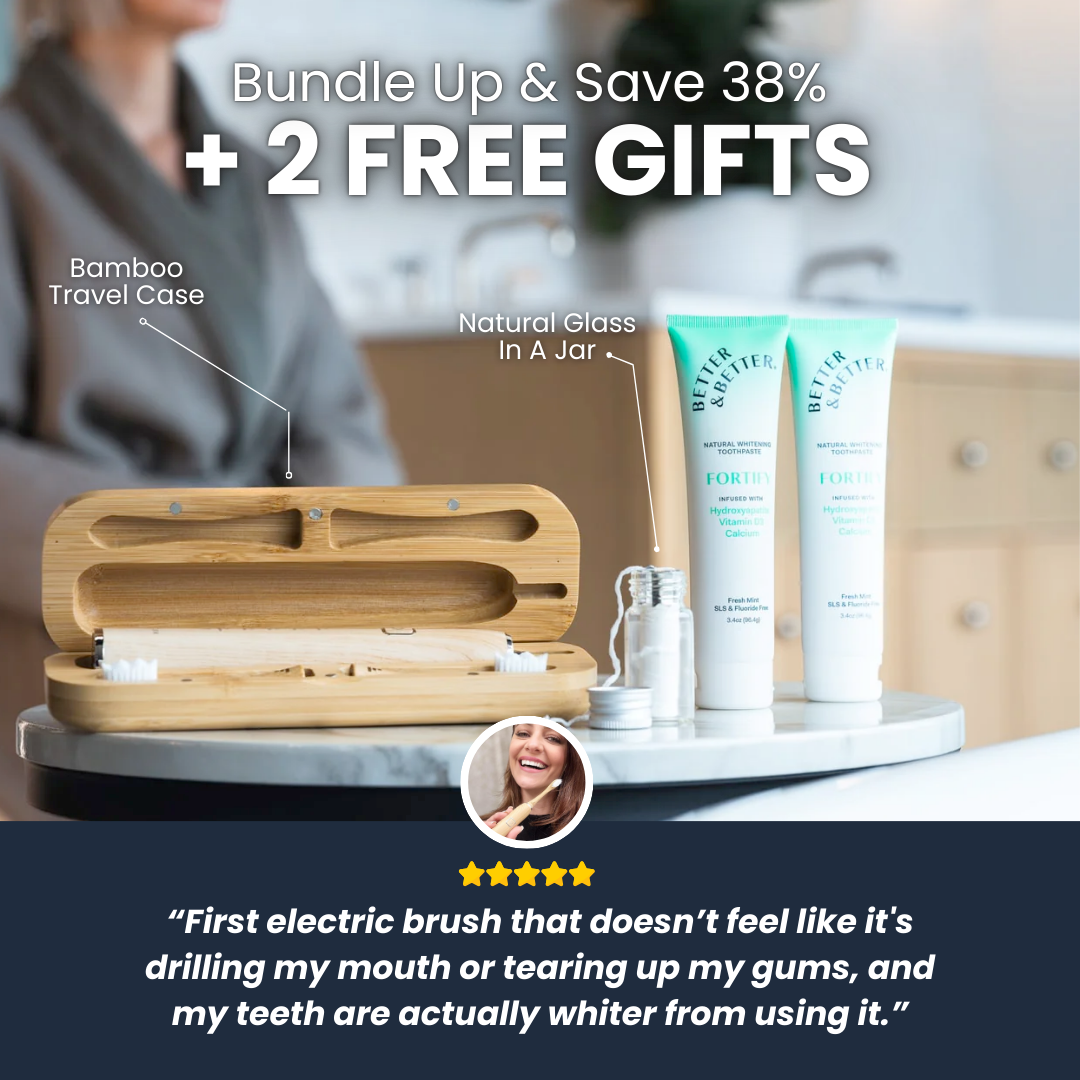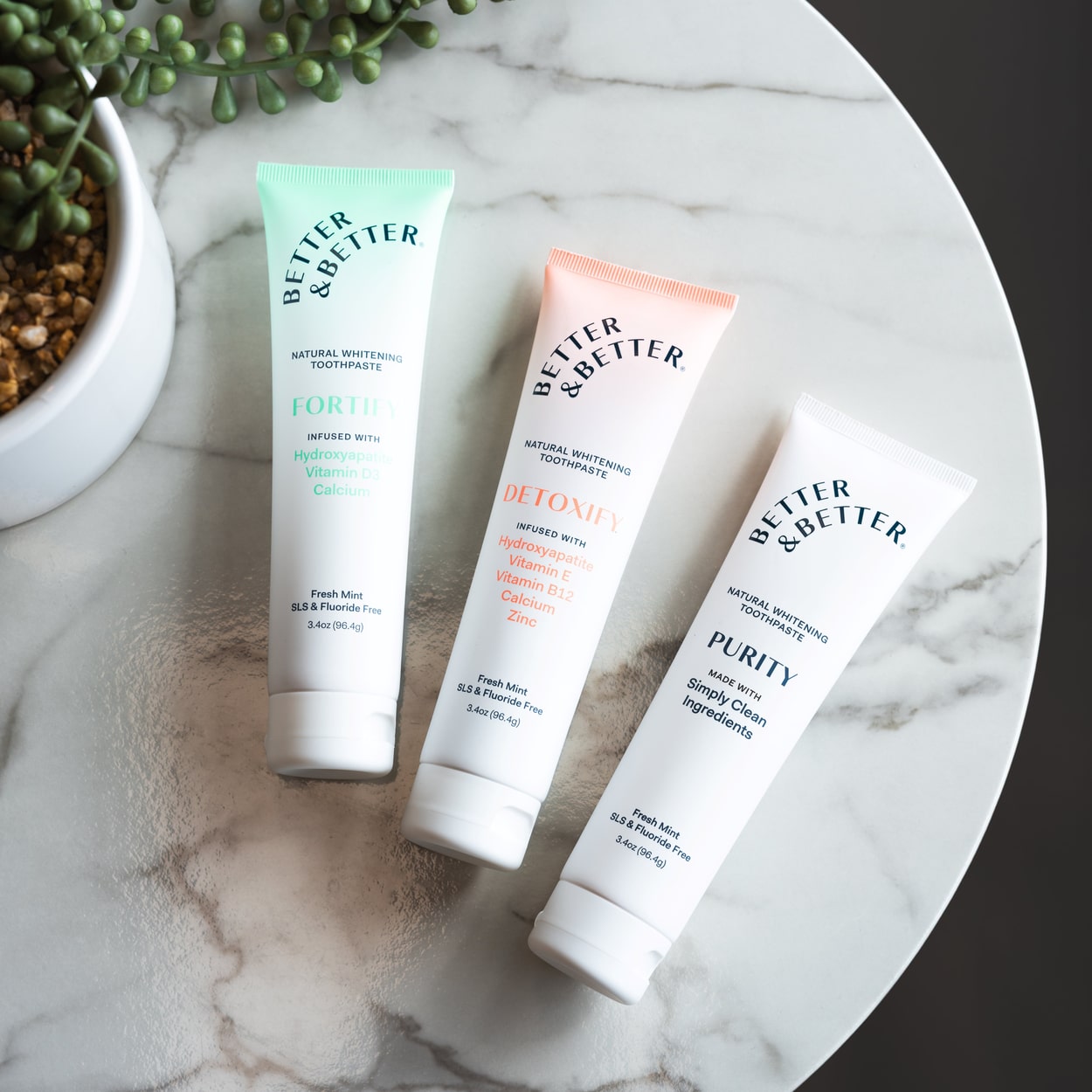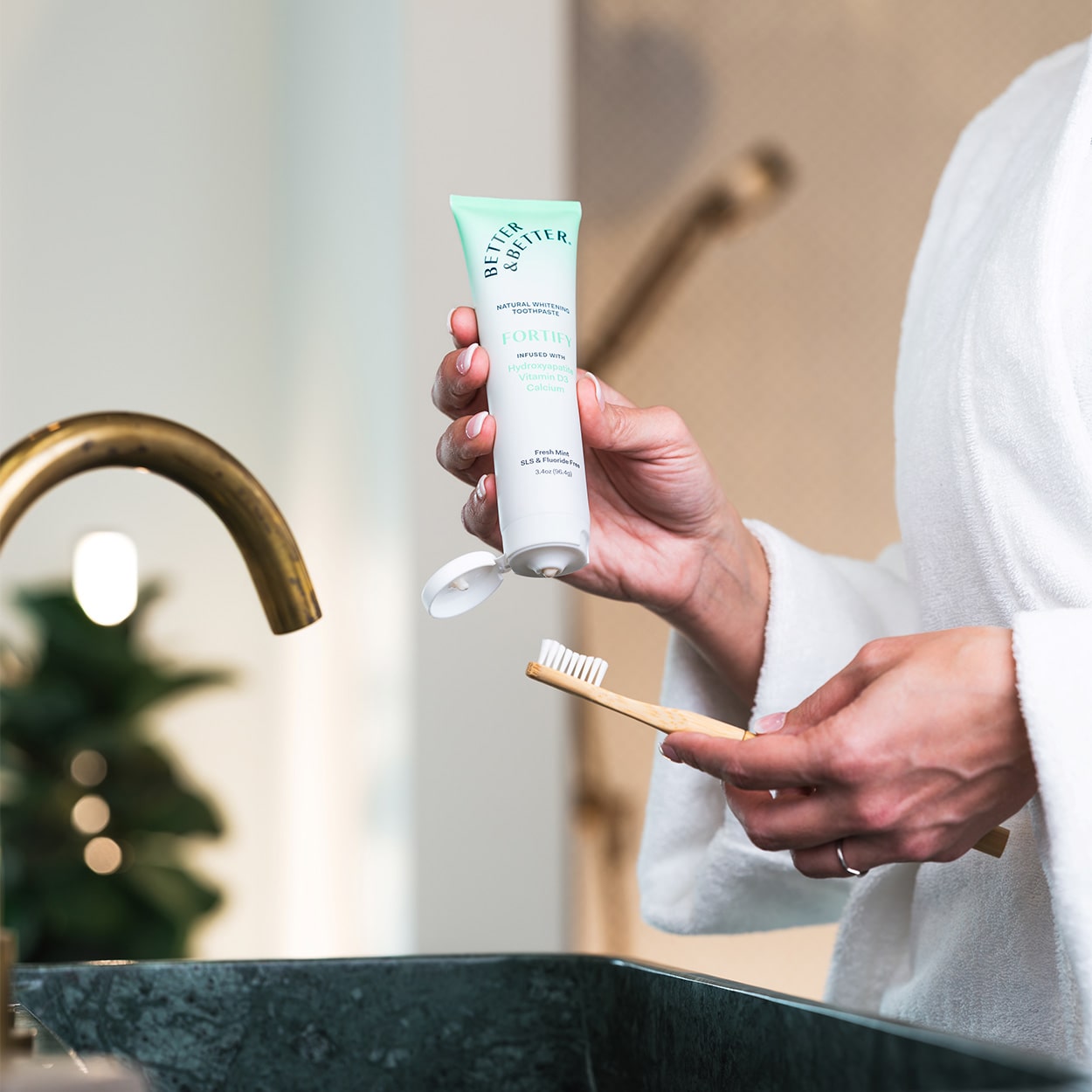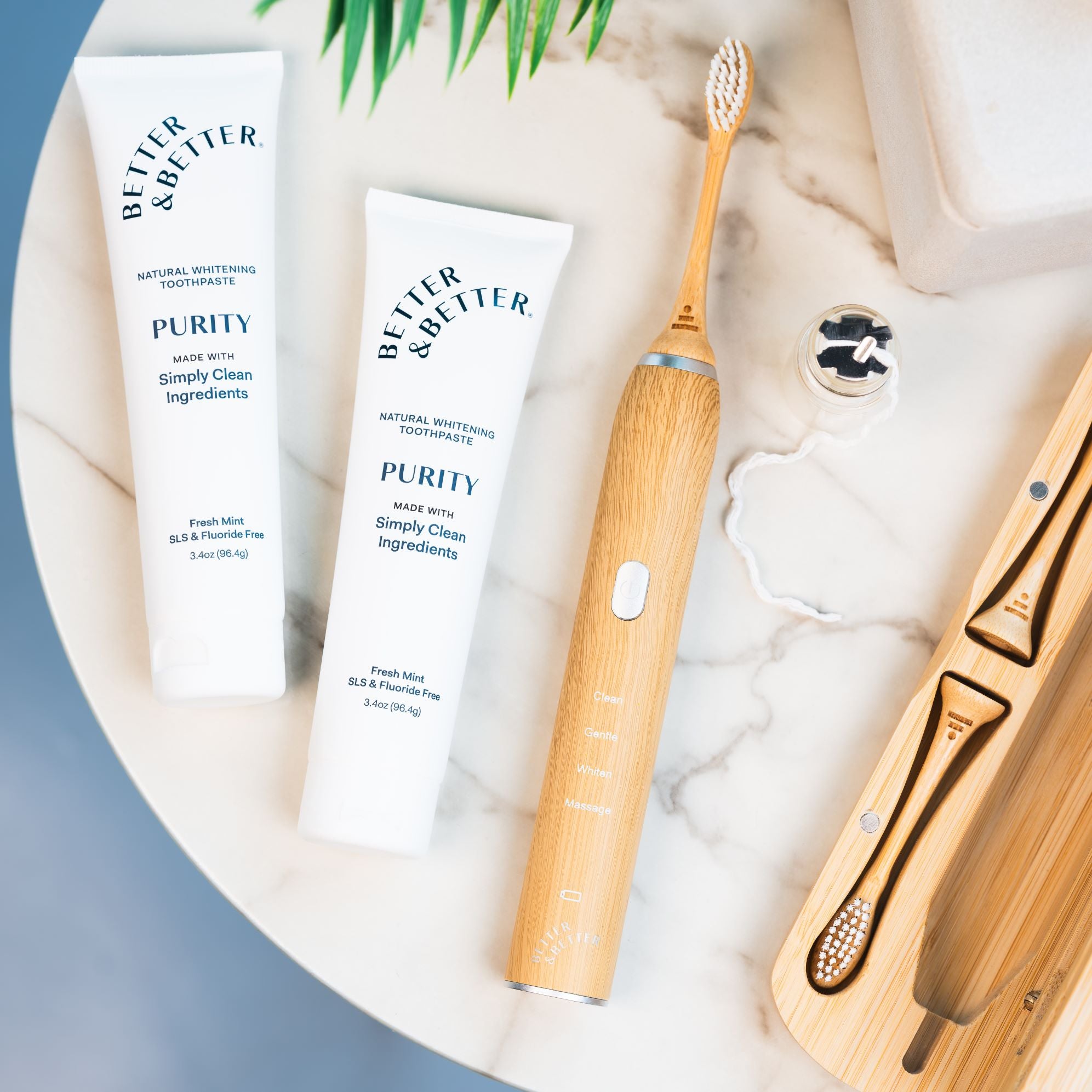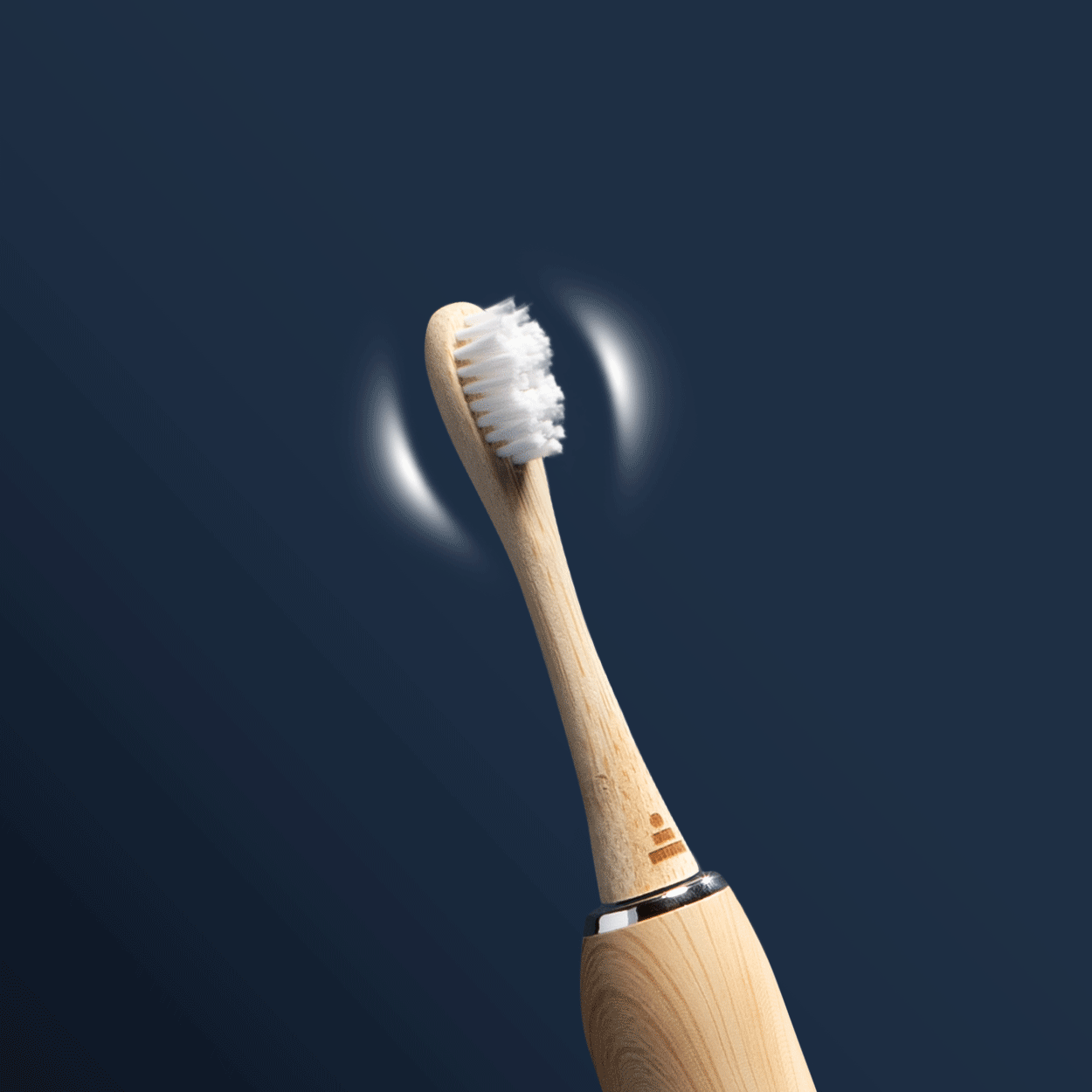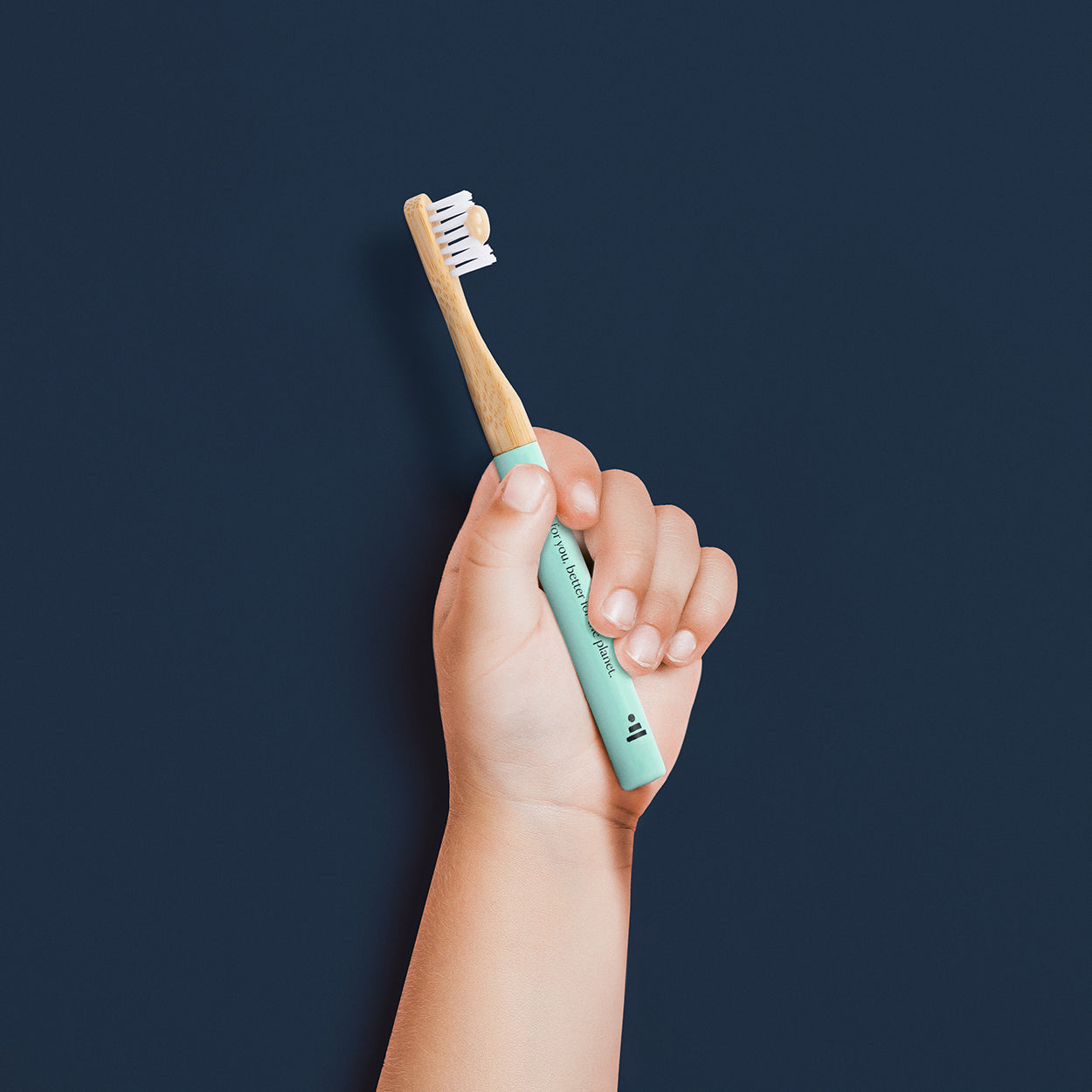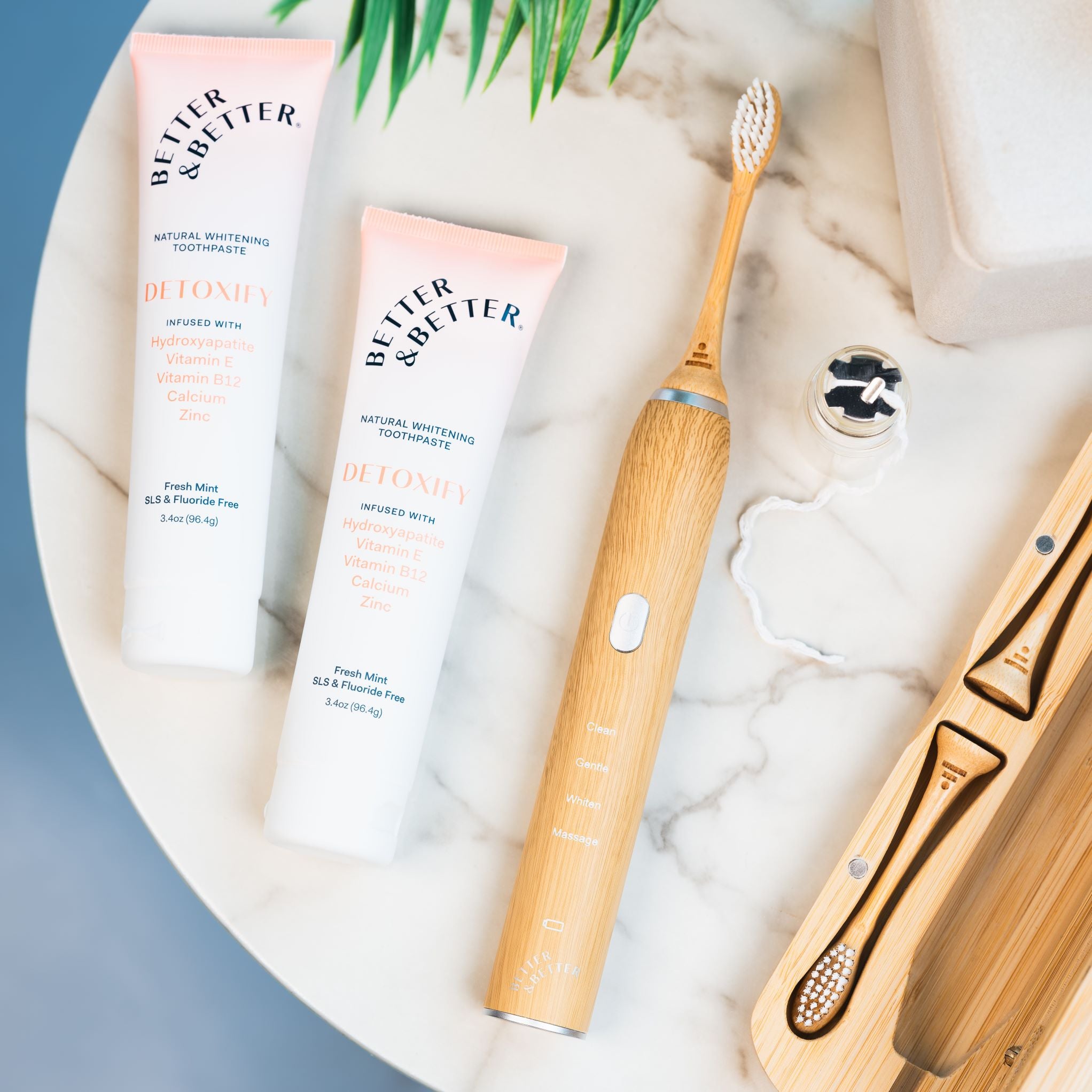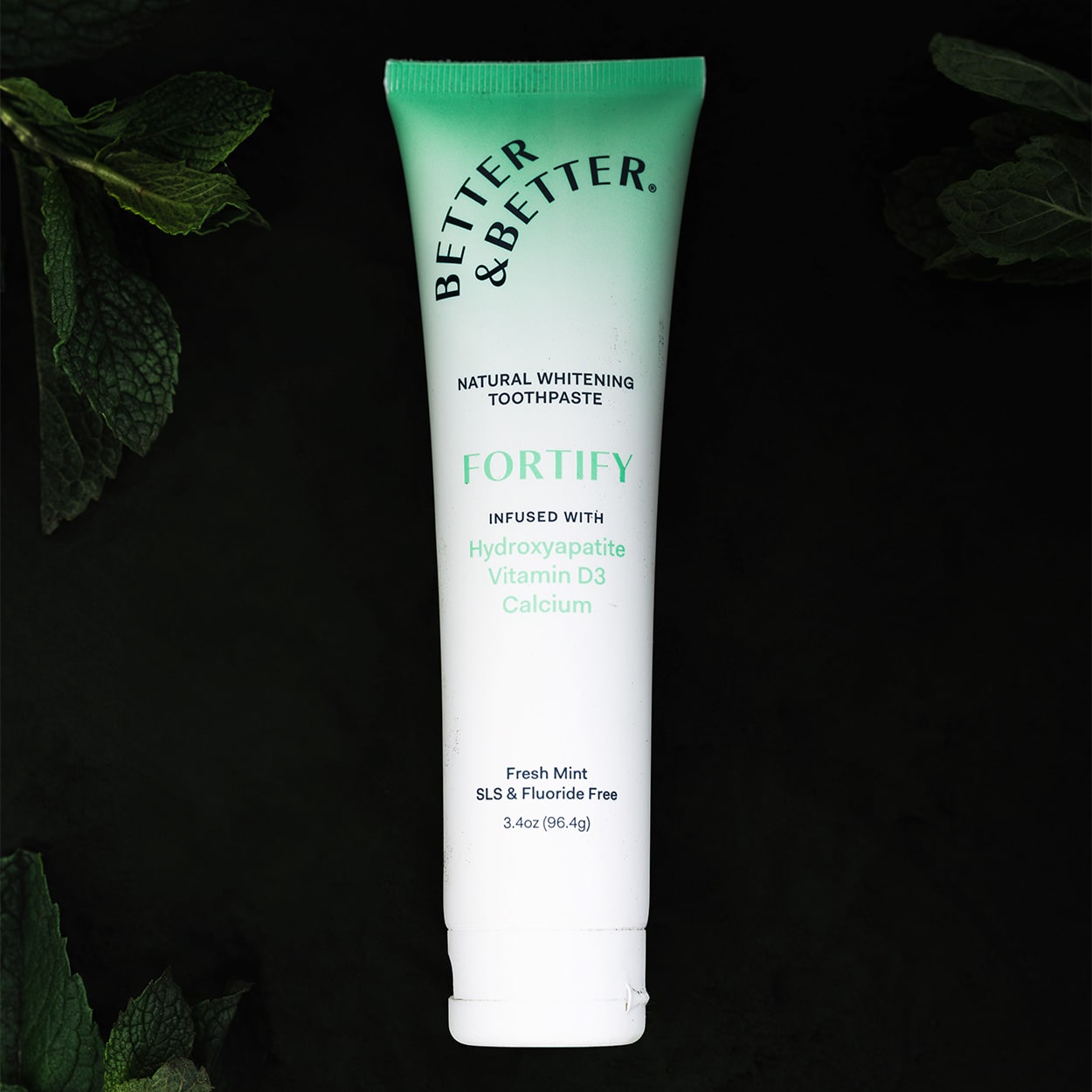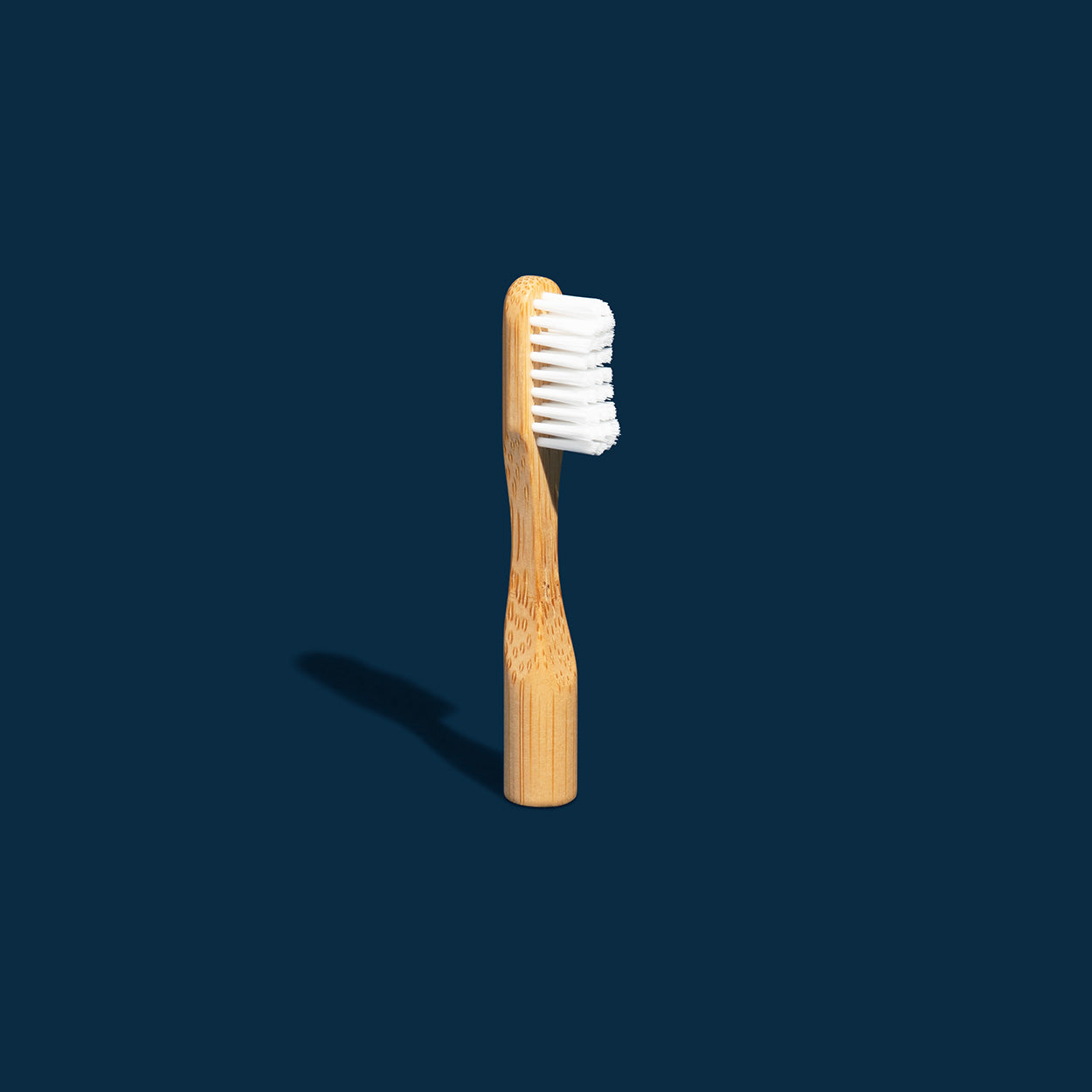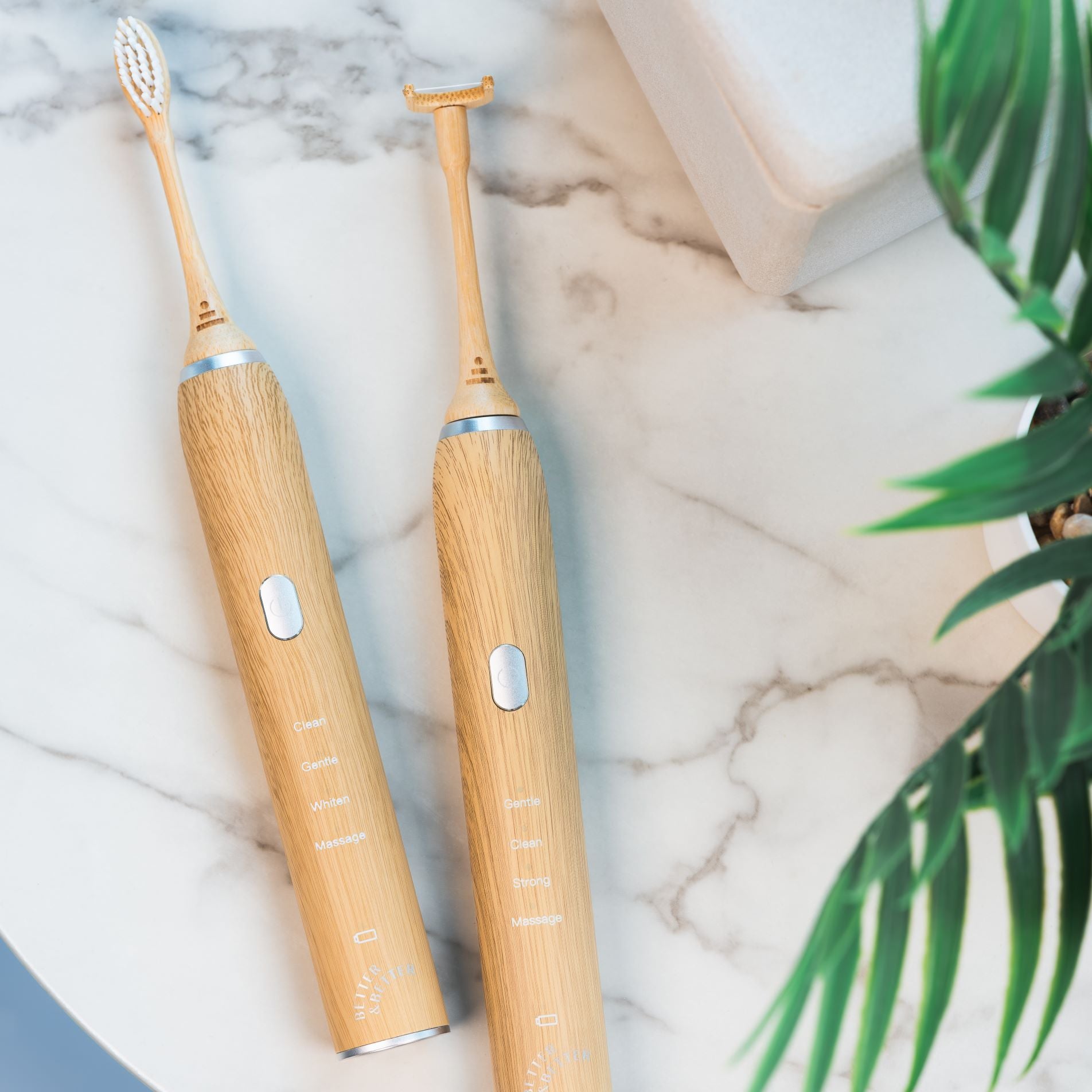“Remember to take your vitamins!” You’ve heard it since you were a kid and it seems so simple. But there’s one very important vitamin that’s not so easy to take: B12.
Vitamin B12, also known as cobalamin, is a water-soluble nutrient that plays an essential role in forming red blood cells, generating DNA, and converting the food you eat into energy. Getting adequate B12 may even prevent dementia and heart disease.
All great news, right? But here’s the catch: your body doesn’t produce B12 on its own. That means you have to get your daily dose through food and/or supplements. But as you’ll learn in a bit, that’s easier said than done.
Why Do People Take Vitamin B12 Supplements?
The recommended daily amount of B12 for adults is 2.4 micrograms, according to Mayo Clinic. Since humans don’t produce their own B12, we have to get it from food sources like meat, fish, and dairy products. B12 is the only vitamin that must be sourced from animal-derived foods.
Even for people who eat animal products, it can be hard to get enough B12 through your diet alone. (For context, one cup or 140g of chicken only provides 0.4 micrograms of B12). That’s a big reason why nearly 40% of people in the United States are vitamin B12 deficient.
People following a vegetarian or vegan diet may be more prone to B12 deficiency since plant-based foods don’t contain B12. Certain digestive issues can also hinder B12 absorption since the body needs stomach acid to make use of it. These include Crohn’s disease and pernicious anemia, which causes a loss of gastric intrinsic factor (IF).
Maintaining sufficient B12 levels becomes even more important during pregnancy. Women with B12 deficiency were five times more likely to have a child with a neural tube defect, according to a 2009 study.
Left untreated, B12 deficiency can cause fatigue, vision problems, digestive issues, nerve damage, and mood disorders. To address this, many people take B12 supplements to ensure they have optimal levels in their system. However, by the time a pill or capsule makes its way through your gastrointestinal tract, the active ingredients can break down before entering your bloodstream where they belong.
According to a 2008 study, people who took an oral B12 supplement only absorbed 2% of the dose. So, if B12 is hard to get from food and your gut isn’t good at processing it, where does that leave you?
Enter sublingual B12.
What Is Sublingual B12?
Sublingual is a fancy term for “under the tongue.” Accordingly, sublingual B12 means the vitamin is absorbed through the tissue directly below your tongue.
Your mouth is full of capillaries and absorbent tissue which are highly effective at picking up nutrients—more so than your digestive system. In fact, your mouth can absorb up to 90% of the nutrients it comes in contact with.
Rather than waiting for your gut to dissolve a B12 capsule that slowly makes its way into your system, sublingual B12 goes straight into your bloodstream, bypassing the digestive enzymes that can affect its potency.
So, how effective is sublingual B12?
Is It Better to Take B12 Sublingually?
According to a study published in the British Journal of Pharmacology, adults with B12 deficiency had slightly higher levels of B12 after eight weeks of sublingual dosing compared to those who took oral tablets. Another study from 2019 even found that sublingual B12 had a higher absorption rate than an intramuscular B12 shot.
Traditionally, sublingual B12 has been taken as a droplet, lozenge, or tablet that dissolves under the tongue. But there’s a far more convenient way to get sublingual B12.
A Better Way to Take Sublingual B12: Brush with Vitamins
If you thought toothpaste’s sole purpose was polishing your pearly whites, think again. Since toothpaste stays in your mouth for a substantial period of time (ideally two minutes, twice daily) it’s a perfect candidate for delivering nutrients like B12 directly into your bloodstream.
Brushing with vitamin-infused toothpaste allows the nutrients to get absorbed via sublingual and transbuccal routes (transbuccal means through the inside of your cheek). To gauge the effectiveness of this technique, researchers conducted a study in which people at risk of B12 deficiency used B12-fortified toothpaste. After three months, the participants corrected their B12 levels.
Vitamin-fortified toothpaste offers a huge advantage to people who want to elevate their B12 levels without traditional supplements, many of which contain unnecessary and potentially harmful additives like cellulose and silica.
That’s why we created our Energy Toothpaste, which contains 1.2 micrograms of vitamin B12 per brush. Assuming you brush twice daily, you’ll brush with approximately 100% of the recommended daily intake of B12. Not to mention you’re cleaning and brightening your teeth—all with a formula that’s 100% vegan.
Make Your Habits Healthier
We’re all on a mission to live healthy, but that’s not always easy when you have to take supplements or modify your diet to get the nutrients you need. Instead of adding more habits to your routine, why not elevate the ones you already have?
Stop stressing about taking your vitamins—now you can get them every time you brush your teeth.



